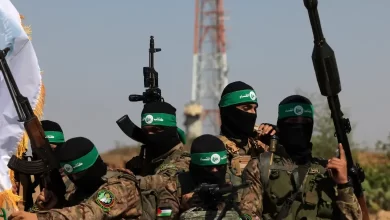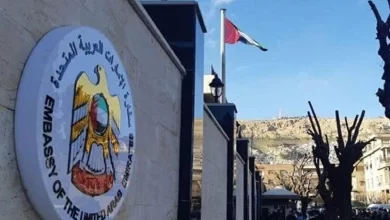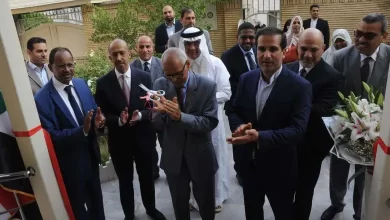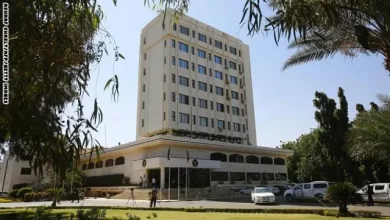Sudan: Public meetings reveal the Justice Fugitives’ dilemma
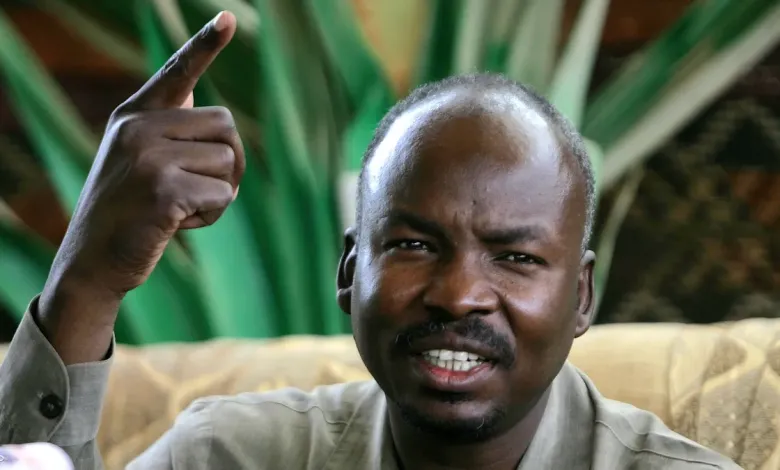
The public meetings of the National Congress Party (NCP), the political wing of the Muslim Brotherhood Organization; witnessed major divisions and disagreements, sparked widespread controversy over the freedom enjoyed by a number of the organization’s leaders who escaped from prisons and are wanted by the International Criminal Court, as they participated in those meetings.
Analysts and observers accused the Army leadership of turning a blind eye to the re-arrest of those leaders despite their public movements, at a time when politicians from other organizations that oppose the ongoing war between the Army and the Rapid Support Forces since mid-April (2023) are being pursued and arrested.
During the past two weeks, two meetings were held by two competing factions within the (NCP), one of which is led by ousted President Omar Al-Bashir, and resulted in the appointment of his assistant Ahmed Haroun as Party leader. While the second faction, led by Nafie Ali Nafie, also a former assistant to Al-Bashir, rejected the outcomes of the meeting and sought to appoint Ibrahim Mahmoud.
Mysterious Release
Truthfully, most of the leaders of the two factions who participated in the aforementioned meetings were released from prison following the outbreak of fighting in Khartoum in mid-April (2023), amidst conflicting accounts in regards to how they were released.
When the fighting broke out, Al-Bashir was in a Military Hospital in Omdurman, northwest of Khartoum, along with two of his aides, after they were transferred from Kober Prison, east of Khartoum, while Haroun and about (14) other leaders of the organization were detained in prison.
After their 30-year rule was overthrown in April (2019), Al-Bashir, Haroun and a number of members of the Muslim Brotherhood Organization were arrested on charges punishable by death, including participating in the (1989) Coup. Al-Bashir and Haroun also face charges before the International Criminal Court (ICC) for committing crimes against humanity during the war in Darfur that broke out in (2003) and lasted for approximately (17) years, where unjustified killings, rape, arson, displacement and asylum affected more than two million people.
According to circulating accounts, Al-Bashir and a number of his aides were transferred from the hospital to an unknown location.
As for the detainees in Kober Prison, one account indicates that an armed force affiliated with the organization stormed the prison and took them out, it stormed another prison and took out (28) officers in the Security Service who were awaiting execution after being convicted prior to the events of October 25th, 2021, on charges of killing a teacher in a heinous manner during the popular movement that began in December (2018).
However, last April, the Director General of Prisons in Sudan shared that the administration of Kober Prison was the one that allowed the organization members to be released from the prison days after the outbreak of fighting. He explained that the process of releasing them took place after they signed pledges based on directives issued by the Deputy Chief Justice.
Freedom of Movement
Despite the serious charges brought against them, some of the meetings’ participants are granted free rein to move in areas under the Sudanese Army’s control.
Last January, one of the organization’s leaders revealed in a documented video clip that Ahmed Haroun had met with them in Al-Jazeera, central Sudan, months after the outbreak of the war, with the aim of developing plans for popular mobilization.
In this context, Al-Moez Hadra, a member of the prosecution in the (1989) Coup case, in which Al-Bashir and a number of his aides -who participated in the recent meetings- were tried, says: “The members of the organization who participated in the recent meetings came because they were allowed to move freely, therefore the responsibility lies with the Sudanese Army Commander-in-Chief and his subordinate agencies.”
He explains: “Following the October 25th Coup, a number of members of the organization made public appearances, while according to the law they should have been detained in one of the prisons in areas under the Army’s control.”
He adds: “Allowing members of a dissolved party to hold public meetings while they were being tried in a criminal case related to one of the most serious crimes stipulated in the Sudanese law is a blatant violation.”
Protection from the Army
Many observers lay blame to the Army leadership for allowing he Muslim Brotherhood members to move freely, and point out that the organization’s infiltration into the Army ranks is one of the most important reasons that provided and allowed the organization’s members who escaped from prisons to organize the recent meetings.
Although the Army Commander-in-Chief, Abdel Fattah Al-Burhan criticized the organization’s meetings at the end of last week and considered them a threat to the country, observers doubted those criticisms, pointing to the Security Service and Judicial Systems’ identification with the organization, based on the organization’s influence within the Army.
Writer and political analyst Wael Mahjoub considered Al-Burhan’s recent statements criticizing the meeting to be “worthless”, and posed the question: “If Al-Burhan objects to the meeting, why are the Party leaders who escaped from prisons still at large, receiving protection from official agencies, leading political and military mobilization, and practicing political activity?”
He added: “Where were the Security and Military apparatuses that prevent any civil activity, arrest and pursue those who dare to attempt it?”
Mahjoub told (Sky News Arabia) that the organization’s meeting, with the participation of its leaders who escaped from prisons and are wanted by local and international criminal justice, “Embodies the nature of the current stage the country is going through, and expresses the numerous plots this war entails.”
Mahjoub warned of the consequences of the policy of identifying with the organization and its fronts, and stated, “Allowing the organization room to maneuver represents a threat to the civil forces and an imminent danger to the future of the country and its unity.”

